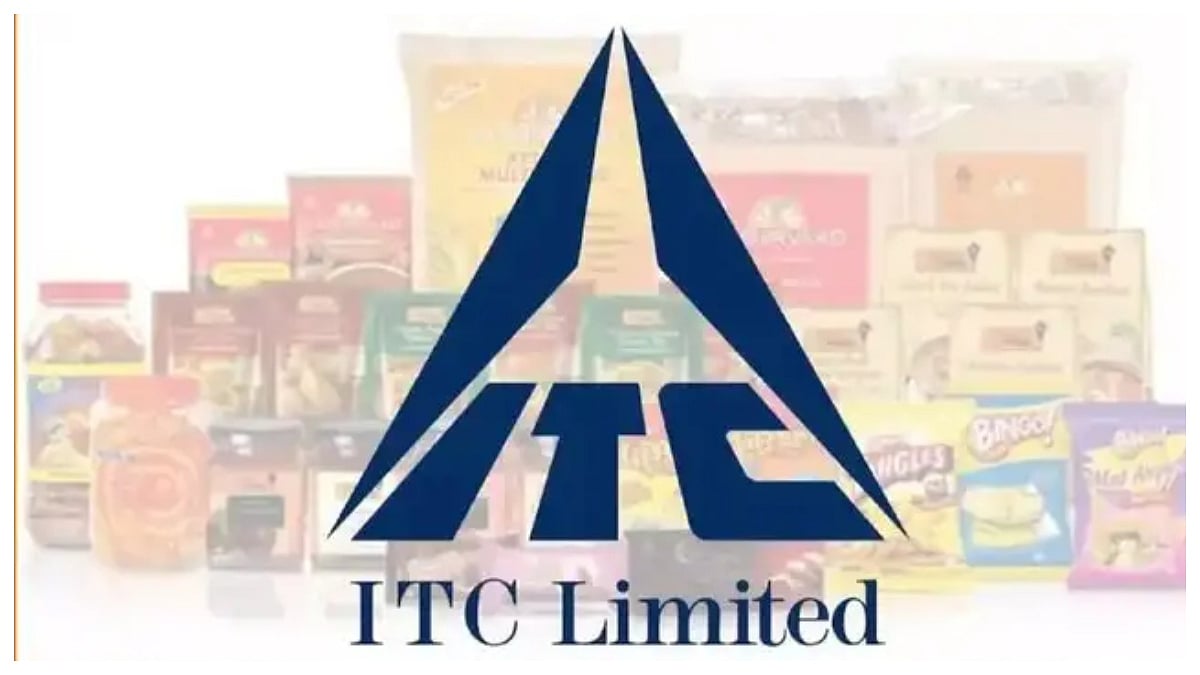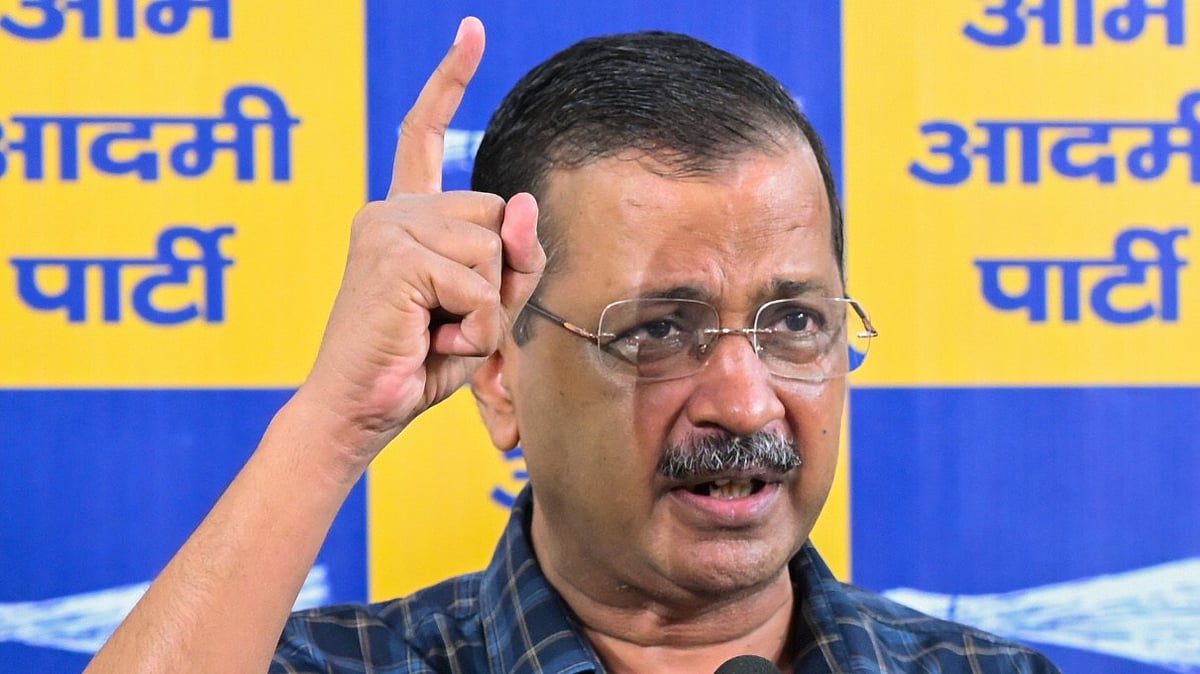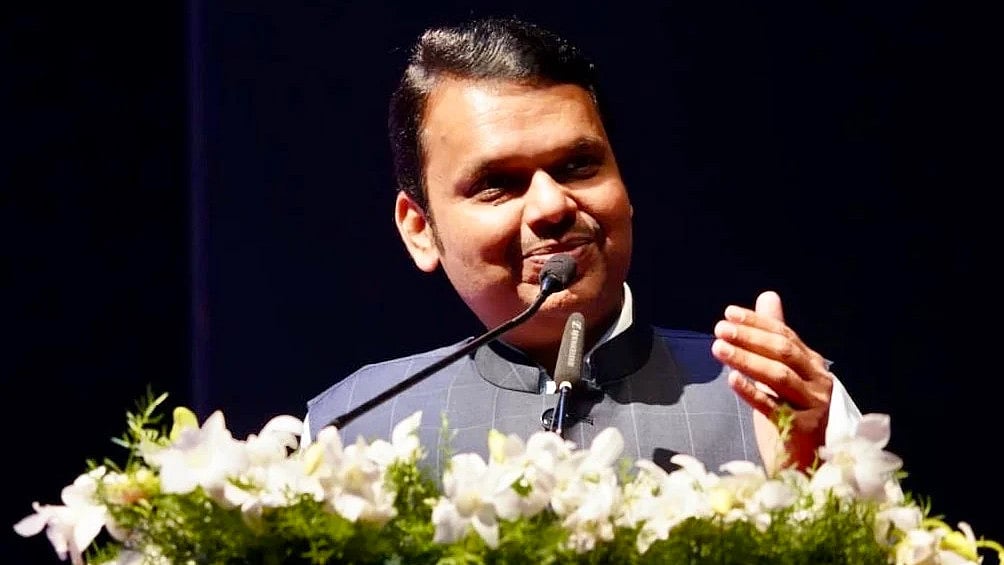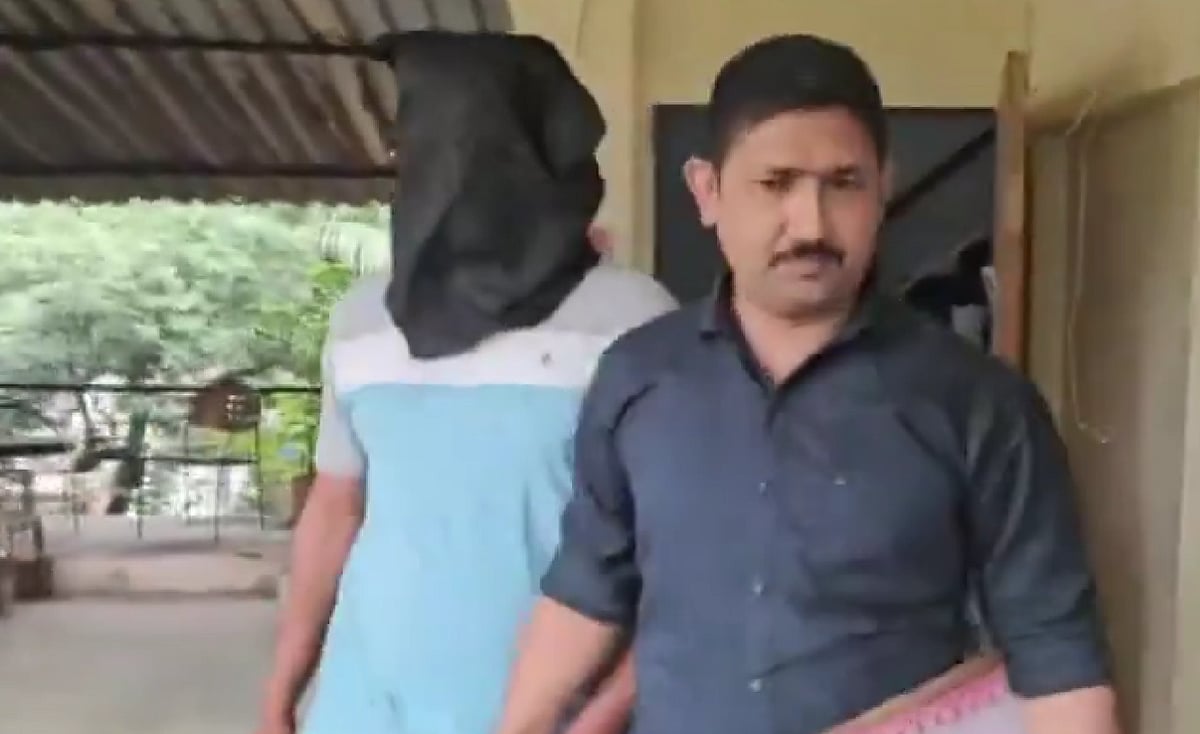Mumbai: In a concerted effort to ensure a smooth and hassle-free Ganeshotsav festival, the Brihanmumbai Municipal Corporation (BMC) has launched an ambitious initiative to transform the city's roads into a pothole-free paradise. The corporation has appointed a total of 227 Sub Engineers, one each for 227 Civil Society Divisions (Beats), to oversee the repair of roads across the city. However, the initiative has not been without controversy. Residents are expressing frustration over the timing and effectiveness of these repairs.
According to Additional Municipal Commissioner (Projects) Abhijit Bangar, the corporation is taking proactive measures to ensure that the city's roads are in good condition before the arrival of Lord Ganesh on September 7. In a meeting held at the BMC Headquarters, Bangar directed that all roads should be repaired using the mastic method, which has been found to be effective in filling potholes. The mastic method involves filling potholes with a mixture of asphalt and aggregate materials, which is then compacted using specialized machinery. The corporation has also emphasized the need for regular inspections by engineers to identify and repair potholes promptly.
The initiative is part of the corporation's efforts to provide a seamless experience for citizens during the festival. The BMC has also taken steps to ensure that contractors and suppliers are equipped to meet the demand for mastic materials in case of any last-minute requirements.
"We want to ensure that our citizens do not face any inconvenience during Ganeshotsav. Our team is working tirelessly to ensure that all roads are in good condition before the festival” said Bangar.
Mushraq Ansari, Founder of the Pothole Warriors Foundation, voiced his concerns about the BMC's approach to road repairs during the monsoon season. "While they may undertake repairs during dry spells, the reality is that the material used previously has already deteriorated. If the BMC plans to use mastic, it’s important to note that while mastic is a durable solution lasting 2 to 3 years, this should have been implemented earlier. The amount of money currently being spent on temporary pothole fixes could have been better utilized by resurfacing entire roads with mastic, rather than wasting taxpayers' money on short-term solutions. Moreover, the pace of ongoing concrete road work is disappointingly slow. The Chief Minister had promised completion by 2024, but it’s clear that this deadline will not be met. Instead of relying on mastic as a temporary measure, the BMC should focus on expediting the existing concrete projects. Currently, roads are only partially concretized, leaving many areas unfinished.
Adding to the frustration, the ‘MyBMC Pothole FixIt’ application designed for reporting potholes has become non-functional, preventing citizens from filing complaints or uploading photos. As a result, the only option left is to post grievances on X (formerly Twitter) and hope for a response from the local ward office."

Makrand Vaidya, another citizen complained, “The application is flawed, often failing to capture the correct location of the reported issue, and there's no confirmation to assure users that their complaint has even been registered. In fact, the app has completely stopped functioning in recent days. The BMC is deceiving the public with this ineffective tool—it's a complete waste. Now, with Ganeshotsav approaching, they’ve suddenly sprung into action to repair potholes, but why wasn’t this done before the monsoon season? Last-minute repairs are nothing more than a temporary fix, lacking any real long-term value."











